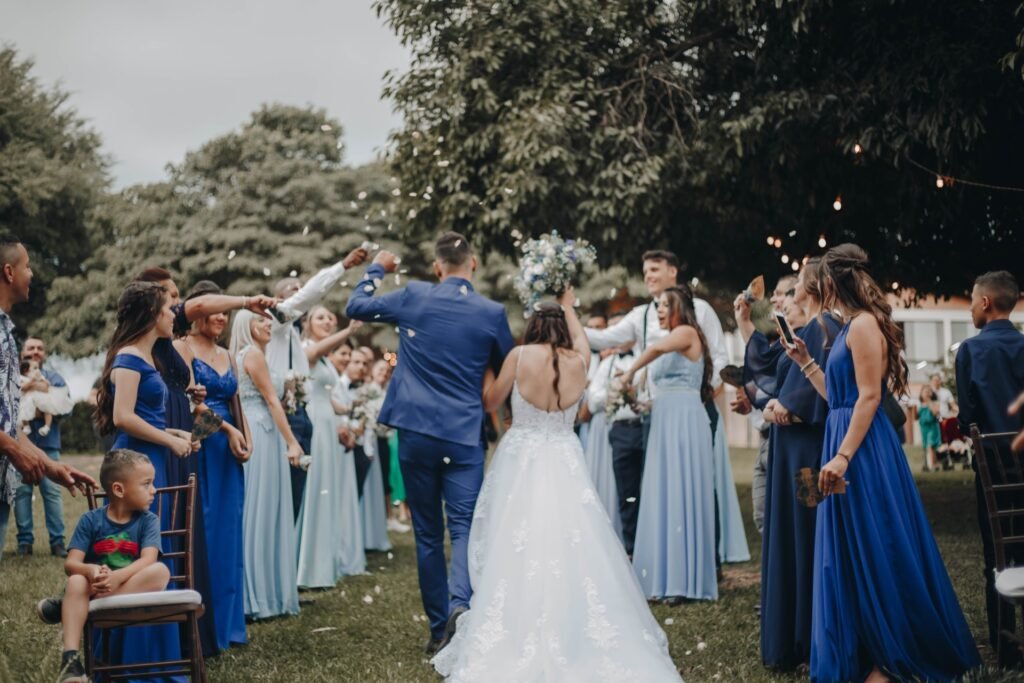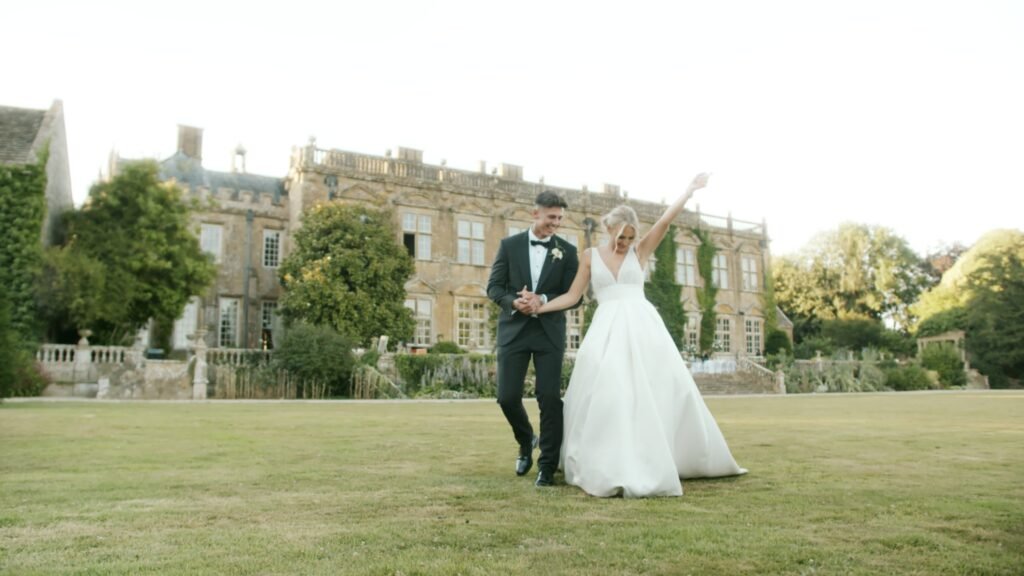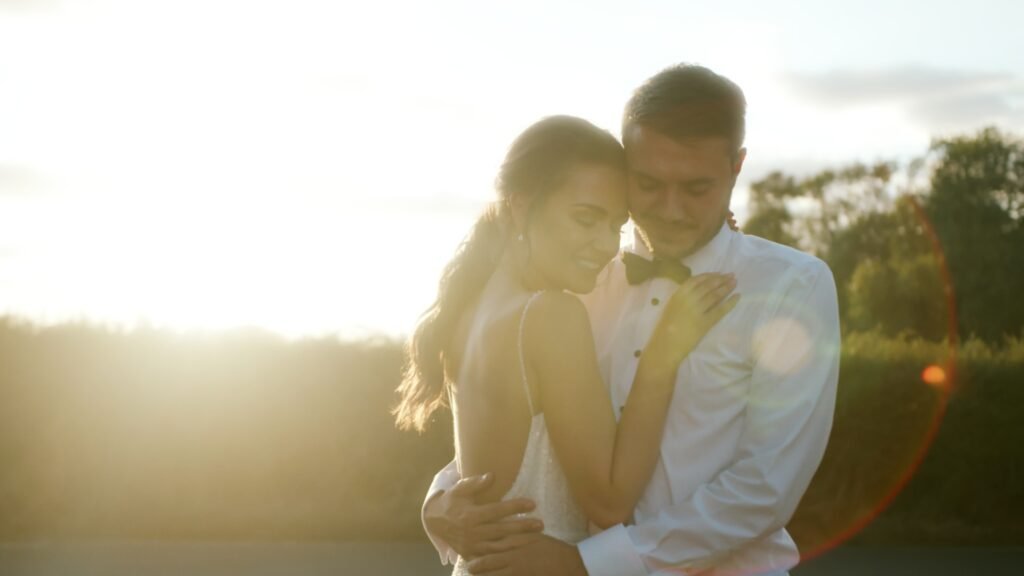The purpose of a wedding video should extend beyond simple documentation. A wedding ceremony is a once-in-a-lifetime event, so it is important to capture all of the special moments on film.
A professional wedding videographer will capture the emotions and atmosphere of the day while also telling the story of the couple’s relationship. But before this can happen, it’s essential to strike a balance between the different elements of the day.
What Exactly Does It Mean to Direct Someone, or Not to Direct Them?
Some photographers believe that subjects should be told precisely what to do and how to pose, while others favour going with the flow and seeing where the photo shoot takes them. The idea here is that if a videographer guides the people in the right direction, they will be more likely to capture natural-looking footage.
People who don’t believe in directing their subjects usually let them interact naturally without interfering. Subjects will have the autonomy to do as they please, including interacting with each other and the environment without interference from the videographer. The reasoning is that the resulting footage appears less posed and natural.
You can get better footage because you are given clear instructions or more authentic footage by acting naturally. But whether you choose a direct or indirect approach is a matter of taste and preference, and neither is inherently better than the other.
Here are some arguments for and against directing throughout the shooting process that we hope will help you strike a better middle ground:
- Taking Charge of Wedding Preparations as a Director
A professional videographer will have plenty of time at a wedding to record priceless reactions. With their experience, they can take pictures capturing your story’s essence. Our wedding videographers at Weddings by AR intend to create a wedding film that holds up well over time. With additional time, the videographer can play around with different approaches to photographing subjects and different lighting setups.
- Wedding Ceremony and Reception Direction
The videographer should not try to control the pace of the ceremony. Thus, you need to be adaptable and nearly go with the flow. We recommend keeping the photos as close to their original form as possible, as they document significant events that should not be tampered with.
- Location Shooting Direction
Wedding film directors direct the creation of a short film commemorating the couple’s wedding. The role of the videographer is to put the client at ease so much that they forget they are being filmed and can focus on having a good time. They should feel as though they are encased in a protective cocoon of love.
As a result, the wedding planner has a lot riding on their shoulders on the big day. Since most customers aren’t trained performers, the task might be more challenging. Indeed, many patrons feel awkward and uneasy when being filmed. How shocking is it to you? Because of this, the videographer must observe how the day unfolds and how comfortable the couple is in front of the camera.
Conclusion
It is fundamental to keep a balance when directing wedding videography. As a wedding videographer, taking charge and controlling the wedding preparations is crucial. On the other hand, giving the bride and groom the freedom to be themselves and not be too direct is also critical. Ultimately, the goal is to capture the natural emotions and moments of the day while ensuring that everything runs smoothly.
If you’re looking for the best wedding videographer in the UK, don’t hesitate to contact Weddings by AR. We provide videography services to help you remember the happiness and elegance of your wedding day forever. Plan ahead and book your accommodations today!







